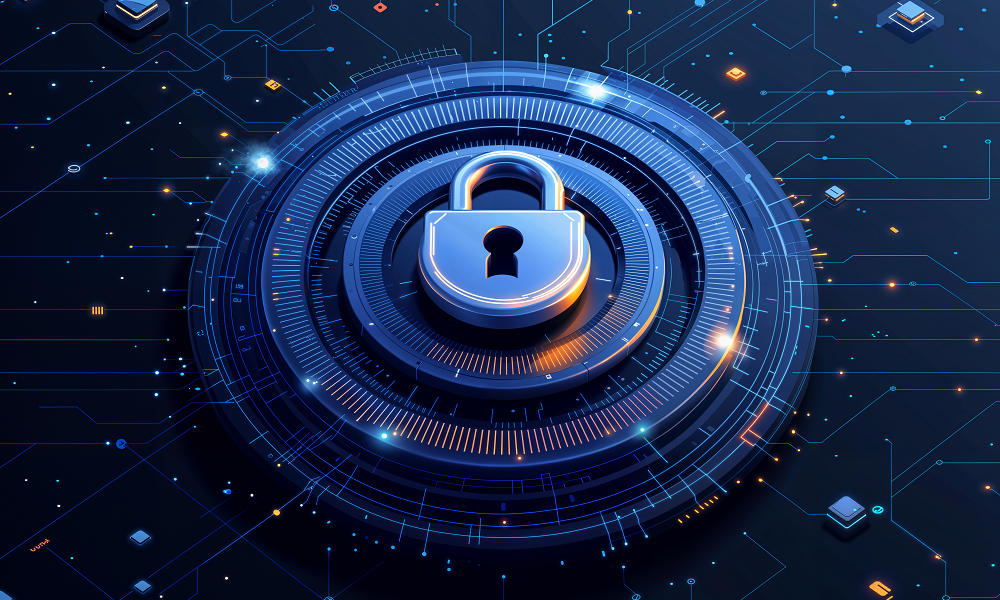Reviews
Cybersecurity & Crypto – How to Stay Safe

In 2024, cryptocurrency losses from hacks and scams exceeded $2 billion, highlighting a stark reality: while digital currencies offer unprecedented financial autonomy, they’ve become a prime target for sophisticated cybercrime.
Whether you’re handling Bitcoin, Ethereum, or other digital assets, a single security oversight can lead to irreversible losses.
Even experienced investors have fallen victim to evolving threats like blockchain bridge exploits, social engineering attacks, and compromised wallets.
This guide will equip you with essential security practices to protect your crypto investments and maintain control of your digital wealth in an increasingly complex landscape.
1. Use Secure Wallets
A fundamental step in securing your crypto assets is choosing the right wallet. Hardware wallets (cold storage) like Ledger and Trezor offer the highest level of protection by keeping your private keys offline. Software wallets can be convenient, but ensure they come with strong security features, such as two-factor authentication (2FA) and encryption.
2. Enable Two-Factor Authentication (2FA)
Whether you’re logging into an exchange or accessing your wallet, enabling 2FA adds an extra layer of security. Use authentication apps like Google Authenticator or Authy rather than SMS-based 2FA, which is vulnerable to SIM-swapping attacks.
3. Beware of Phishing Scams
Cybercriminals often use phishing attacks to steal credentials. These can come in the form of emails, fake websites, or social media messages impersonating legitimate crypto platforms. Always double-check URLs and avoid clicking suspicious links. If an offer seems too good to be true, it probably is.
4. Keep Your Private Keys Private
Your private keys are the gateway to your crypto assets—never share them with anyone. Store them securely offline and avoid keeping them on cloud services or digital notes that could be hacked.
5. Choose Reputable Exchanges
Not all crypto exchanges are equally secure. Before using an exchange, research its security history, insurance policies, and user protection measures. Look for platforms that offer withdrawal whitelisting, anti-phishing codes, and strong authentication methods. For those exploring crypto gambling, it’s especially important to use platforms that prioritize security, such as those reviewed on Cryptocasinos.online.
6. Stay Updated on Security Threats
The crypto space is constantly evolving, and so are cybersecurity threats. Follow reputable sources for updates on new scams, exchange breaches, and best security practices. Being informed is one of the best defenses against cybercrime.
7. Use a VPN for Added Security
When accessing your crypto accounts, especially on public Wi-Fi networks, consider using a VPN (Virtual Private Network) to mask your IP address and encrypt your online activity. This adds an extra layer of protection against hackers.
8. Final Thoughts
Staying safe in the crypto world requires a proactive approach to cybersecurity. By following these best practices, you can minimize risks and keep your digital assets secure. Whether you’re an investor, trader, or just exploring crypto, prioritizing security should always be a top concern.

-

 World3 days ago
World3 days agoEthiopian volcano erupts for first time in thousands of years
-

 Legal1 week ago
Legal1 week agoMichigan man JD Vance sentenced to 2 years for threatening Trump and JD Vance
-

 Legal1 week ago
Legal1 week agoWoman in critical condition after being set on fire on Chicago train
-

 World1 week ago
World1 week agoHurricane Melissa registered 252 mph wind gust, breaking global record
-

 Legal6 days ago
Legal6 days agoSuspect in San Diego stabbing shot by authorities after fleeing into Mexico
-

 Legal1 week ago
Legal1 week ago1 dead, 2 injured in shooting at Dallas Walmart parking lot
-

 Legal7 hours ago
Legal7 hours agoUtah Amber Alert: Jessika Francisco abducted by sex offender in Ogden
-

 Health6 days ago
Health6 days agoMarburg virus outbreak in Ethiopia grows to 6 confirmed cases




